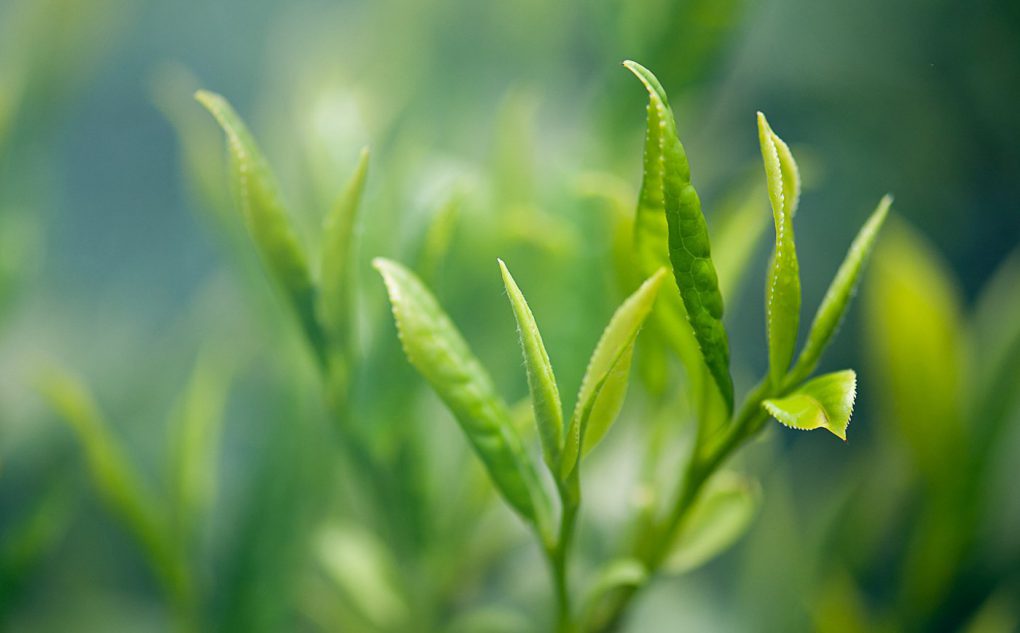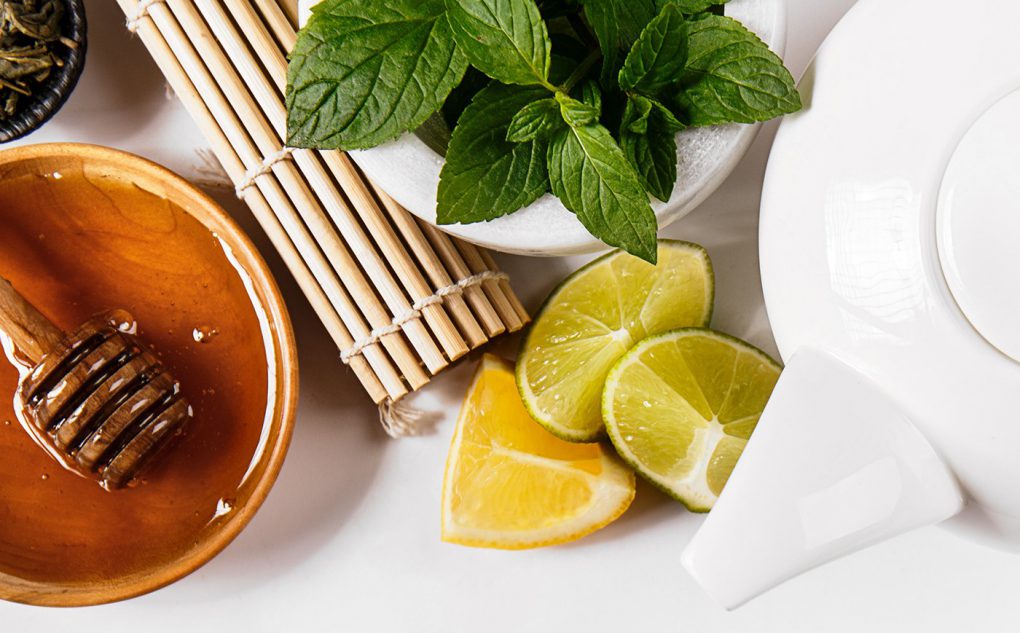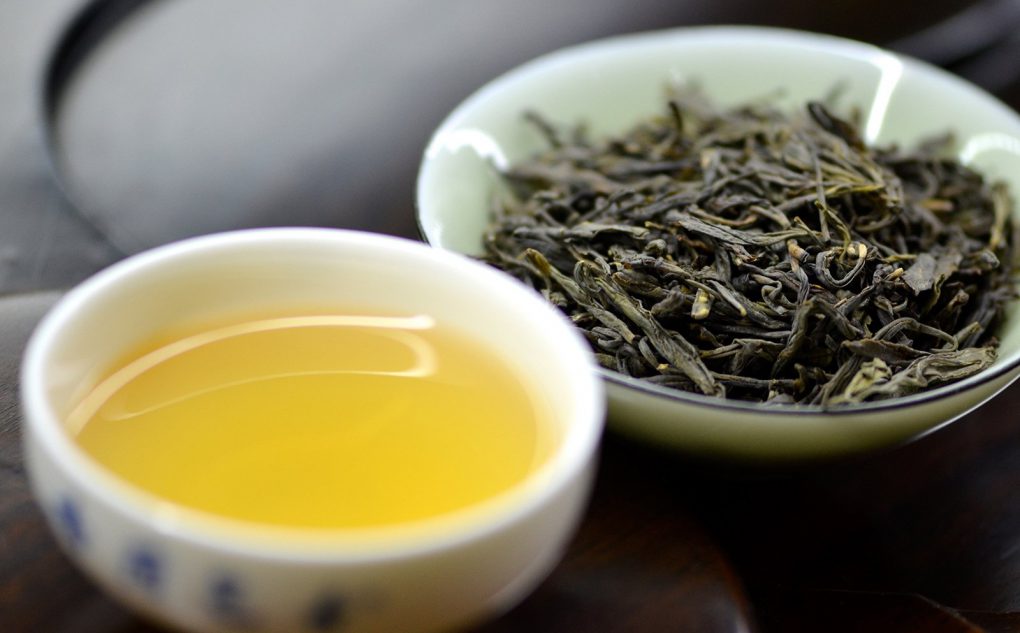Born from the Camellia Sinensis plant and bred in the Asian continent, tea has been, and still is, an integral part of daily life in many cultures. It is everyone’s go-to drink. While tea may have originated in China, its spread towards the West has been remarkable. This spread can be viewed in the myriad ways in which different countries have adapted tea into their culture, transforming it into something that is unique to them. Here’s a preview of the diverse tea drinking rituals around the globe.
The Advent of Tea in China
Discovered by an Emperor of China, around as early as 2000 BC, tea was, and is, the most wanted beverage in China. Originally intended for medical purposes, it was only later that it was used as a refreshing beverage. Tea has always held a focal position in the Chinese culture as it is also used in rituals and ceremonies. Once the only producer and exporter of tea, today China holds the position of being one of the top tea manufacturers in the world.
Tea Ceremonies in Japan
The tea drinking phenomena was introduced to Japan by China. Served and appreciated in the beginning only by the ruling class and the Buddhist monks, the tea practices soon bled into the Japanese culture.In Japan, green tea is preferred above all else, with Matcha, a powdered tea, being used in tea ceremonies.A delicate brew is optimum in terms of colour and taste, with a fine fragrance and a greenish-gold hue being prevalent.
The French Art of Tea
“Thé”, as the French spell it, became a common occurrence in the country after it was introduced by King Louis XIV. Today, the popularity of tea in France is evident in its presence at all occasions, both simple and grand, and everything in between. The urban areas of the country are home to a number of tearooms, which thrive on the “French art of tea”. Tea here is a companion to the exquisite French pastries, whose making is an art in itself. The combined experience of the two is what gives France its unique tea culture.
High and Low Tea in the UK
Apart from China, the United Kingdom and Ireland are the largest consumers of tea. Incidentally, it was China that first introduced tea to England through the Dutch East India Company in the 17th century. The concept of high and low tea in England is rooted in the history of the classes. ‘Low’ tea, taken at 4pm, was served in upper class homes, while ‘high’ tea was served in middle and lower class homes at 5-6pm. Popular tea blends in the UK include English Breakfast and Earl Grey.





